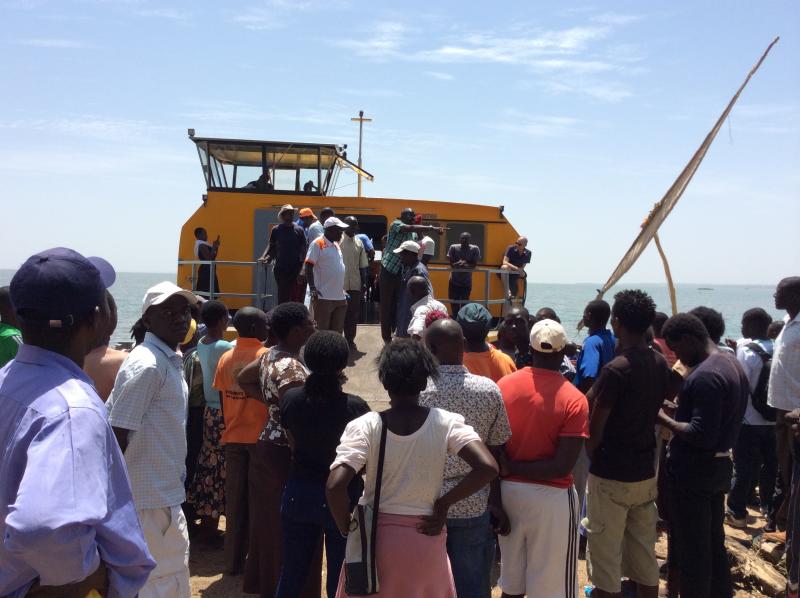×
The Standard e-Paper
Home To Bold Columnists

Marine transporters and fishermen continue to count their losses as the water hyacinth spreads across Lake Victoria.
Most of the vessels that ply the lake have either stalled or moved to areas where the water way is clear, The Standard has established.